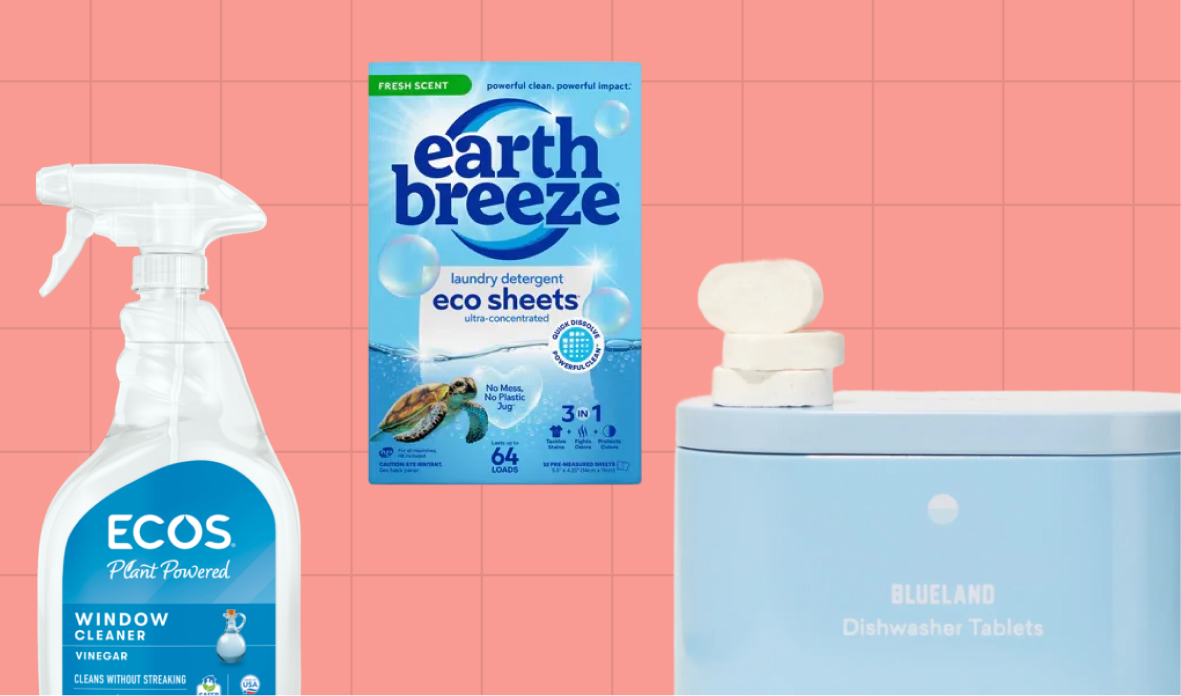Paper Books or E-Readers: Which Is More Sustainable?

Join the community





Holding a book, turning its pages, and feeling its texture while reading is a nostalgic experience many of us have cherished since childhood. Some of us have even amassed numerous books, building small personal libraries in our homes.
In recent years, e-readers have begun to replace this experience. They allow us to have thousands of books in one place, making storing and traveling easier. They offer various font styles and sizes and even the option to make and organize notes. But if you already spend a significant portion of your day looking at screens, you may be hesitant to add another to your routine.
So they both have their pros and cons. But which of these is a better choice for the environment?
The impact of paper books on the environment
In 2023, the literary industry research group WordsRated found that print book publishing is a major contributor to greenhouse gas emissions, ranking third among all industries using pulp and paper.
The U.S. alone cuts down 32 million trees each year to produce paper for books. Pulping, the chemical process involving cellulose extraction from wood, was responsible for 6% of global industrial energy consumption in 2017, according to the IEA.
Also, many unsold books are destroyed, adding to the environmental impact.
Publishers are taking steps to reduce this impact. Many are donating unsold copies, switching to on-demand printing, or reducing their initial print runs to gauge how well the titles sell before printing more.
Some of the well-known publishers such as Penguin Random House UK use sustainable paper that is certified by the Forest Stewardship Council (FSC). According to their team, this has reduced the average emissions of a paperback book by 3 times.
On the flip side, e-books skip the whole tree-cutting and paper-making process, plus there's no need for shipping. This makes e-readers more sustainable at first glance.
{{cta-join2}}
But are e-books better for the environment?
E-books come with their own set of problems. E-readers are built with plastics from fossil fuels, and their batteries require mining for rare metals like copper, lithium, and cobalt. They also need regular charging, often powered by fossil fuels, and rely on data centers to store and deliver e-book files.
An e-reader lasts for 3-5 years, after which it ends up in a landfill while the paper books can last for decades.
So there's no clear winner here. It all comes down to what materials were used, how they were transported, the energy source for running the e-readers, and whether these books and devices can be recycled at the end of their lifespan.
Berners-Lee, author of The Carbon Footprint of Everything, offers a nuanced perspective on this. He states that an e-reader's carbon footprint is about 80 pounds. If you're an avid reader, using an e-reader is the most eco-friendly choice. However, if you only read a few books on it before switching back to paperbacks, it becomes the least environmentally friendly option.
Another comparison was done by Pierre-Olivier Roy in Anthropocene says that if you read a limited number of books, the paper book will most likely limit your greenhouse gas emissions. But for heavy readers, e-books have a smaller carbon footprint.
Now we know it’s not an easy decision to make but here are a few things that you can do to be a more sustainable reader:
- Before buying new books, ask friends and family if they have a copy. You can also check your local Buy Nothing groups.
- Browse ThriftBooks for secondhand books.
- See if your local library has the book you want—borrowing is often more sustainable than buying.
- If you're an avid reader planning to invest in an e-reader, consider buying a secondhand device for a more sustainable option.












